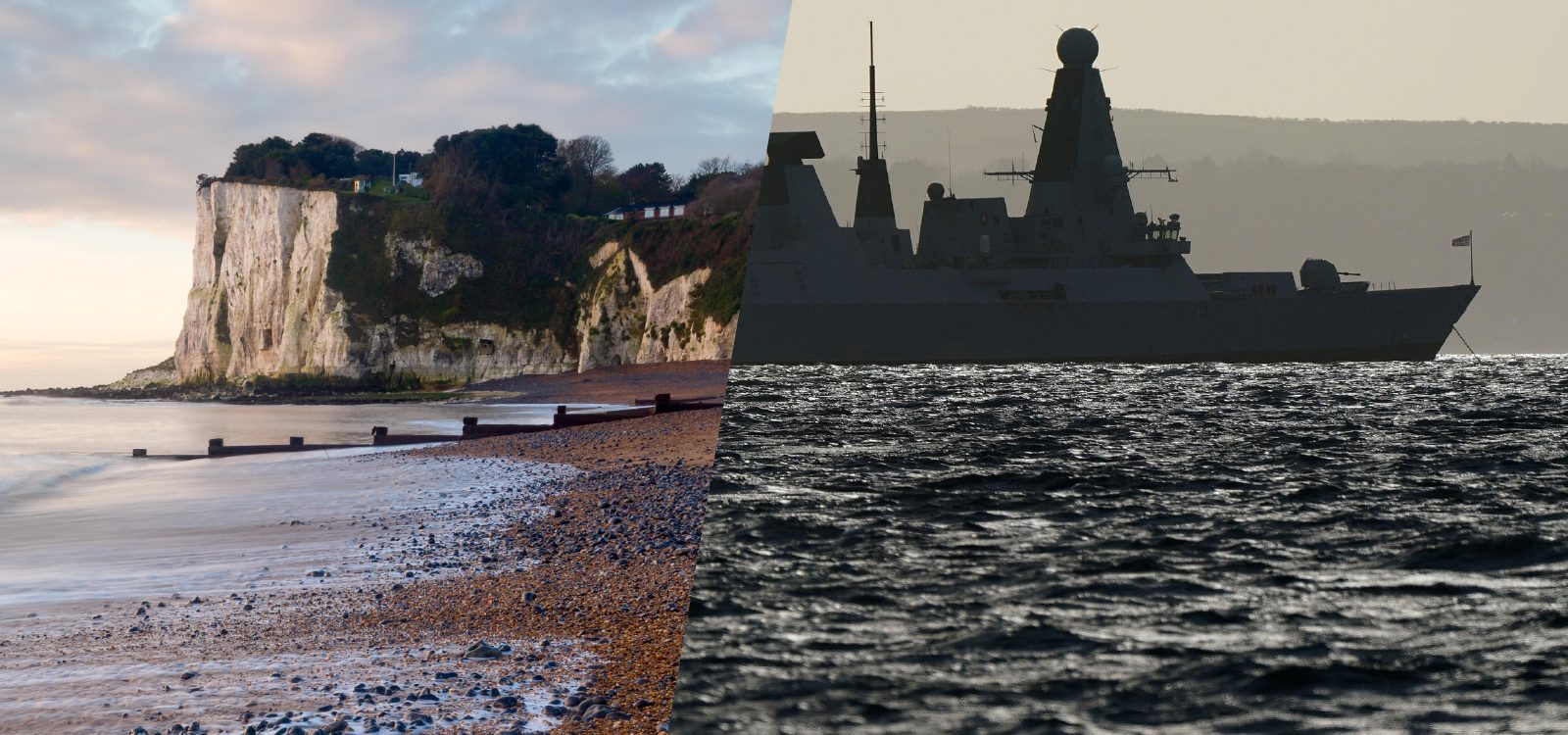The United Kingdom’s withdrawal from the European Union prompted a reassessment of British foreign and defence policy.
Though the UK’s commitment to the security of the Euro-Atlantic area remains a priority, the EU’s long-term ambition to create a “defence union” raises challenges for the UK. In this context, the prospect of the UK seeking a formal defence and security pact with the EU risks the UK being forced to support EU foreign policy and creates new challenges for sovereignty and prosperity.
While the earliest attempts by the EU to accrue defence powers can be traced to just after the Second World War, Brexit and the war in Ukraine have accelerated a drive towards EU “strategic autonomy”. This means the capacity of the EU to act independently of third parties, potentially including Member States. The EU seeks to achieve this through political and economic means, by concentrating defence policy at a supranational level, and by using protectionist policies to develop a defence industrial base.
Click here to download the report
A challenge to NATO
The development of the EU as a defence actor raises several challenges for UK security and prosperity. The first among these is the potential risk an EU defence structure poses to the primacy of NATO in Euro-Atlantic defence. The EU’s direction of travel may lead to a challenger structure, or even undermine NATO capabilities through duplication or opportunity cost.
A challenge to economic prosperity
The beginnings of an EU “defence union” are also likely to harm UK economic prosperity. Protectionist policies in EU defence procurement disadvantage third-party countries and entities, such as British defence firms. While the UK must continue to prioritise the security of the Euro-Atlantic, deep cooperation with the EU on defence risks undermining the national interest, by supporting the emergence of a defence structure over which the UK will have little influence, and whose explicit goal is to reduce dependence on third parties, such as UK suppliers.
A challenge to sovereignty
With the 2024 General Election approaching, the Labour Party has strongly signalled its intent to sign a formal “security pact” with the EU. The UK should refrain from doing so, as this would risk binding the country to the development a defence union, whose policies would undermine British sovereignty and prosperity, while making European defence less competitive and innovative.
The main recommendations of this paper are as follows:
1. Labour should drop plans to take part in formal defence initiatives that commit the UK to furthering the creation of an EU Defence Union.
• Participating in initiatives that further the EU’s pursuit of strategic autonomy is inimical to the UK’s national interest and potentially weakens defence ties with European countries.
• Labour should commit not to create a defence pact that would require the UK to further the strategic autonomy of the EU and advantage European over British suppliers.
2. The Government should push the EU to drop protectionist policies embedded in the European Defence Fund (EDF) and Permanent Structured Cooperation(Pesco).
• European security cooperation would be better served by removing references in the EDF award-criteria to furthering the “strategic autonomy” of the EU, which acts as a barrier to foreign entities cooperating in the Fund’s projects.
• The UK should also push for equal third-party access to EDF funds by removing the requirement for intellectual property or knowledge of the project’s creation to remain in the recipient countries.
3. The Government should maintain the current approach of ad hoc, informal cooperation with the EU on defence and security.
• This approach provides the benefit of flexibility while safeguarding UK sovereignty in defence and foreign policy matters.
• The next Government should permit Parliament to scrutinise administrative arrangements underpinning UK involvement so far, to ensure they do not entail additional commitments to EU strategic autonomy.
4. The Government should prioritise European defence and security arrangements with allies and regional groupings.
• The UK should advance cooperation with European counterparts on a bilateral basis. The Government already has existing arrangements with France and recently deepened defence ties with Germany. It should look to further develop defence relations with Poland and the Baltic and Nordic states.
• The UK should advance collective security interests through regional groupings such as the Joint Expeditionary Force (JEF), or specific partnerships such as with Italy and Japan.





